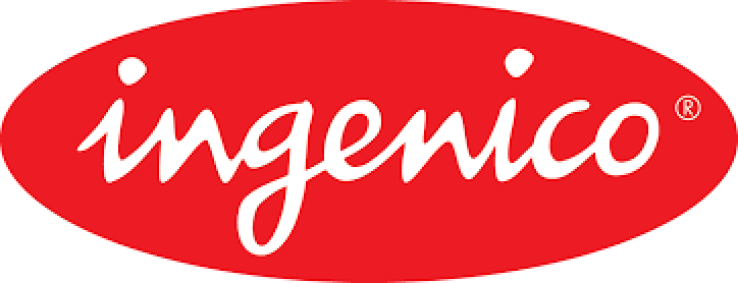Ingenico Group taps into unbanked market in Ghana

Ingenico Group, the global leader in seamless payments, has developed for the past years a strong partnership with Ghana Interbank Payment and Settlement Systems Limited (GhIPSS) to extend electronic transactions to unbanked and underbanked populations in Ghana thanks to its biometric point of sale device.
As part of its financial inclusion strategy, GhIPSS, a subsidiary of the Bank of Ghana, launched the biometric smart card banking and retail system to promote cashless financial services.
“We were looking for a simple and secure solution to make electronic transactions an easy and uncomplicated experience for the unbanked and underbanked population who remain reluctant to use banking services”, explains Archie Hesse, GhIPSS Chief Executive Officer.
“Ingenico Group designed a new bio-based POS to bring the bank to remote areas. People don’t have to travel a long distance to have access to their funds.”
GhIPSS, jointly with Rural Financial Institutions and Agent Networks, deployed the Ingenico Group biometry smart terminal; one single device to provide banking, retail and value-added services based on a biometric card which requires the holder’s fingerprint for authentication. So far, about 6,000 smart terminals have been deployed in Ghana to enable payment, salary disbursement, cash out, bill payment as well as other financial services by simply using fingerprints for authentication. As a result, this quick and secure user experience helped build trust in the financial ecosystem and created long-lasting financial habits among the program beneficiaries.
“To support Financial Inclusion, our strategy has been to turn our new smart terminal into a secure workstation to address both the banked and the unbanked populations”, comments Rachid Oulad Akdim, Ingenico Africa Managing Director.
“We are proud to be GhIPSS’s partner on this successful program. The solution allowed every agent to become an efficient financial inclusion enabler to address the cash dependent population.”
source:BusinessinAfrica
 Africas leading resource for digital financial services
Africas leading resource for digital financial services


comments